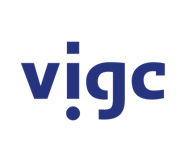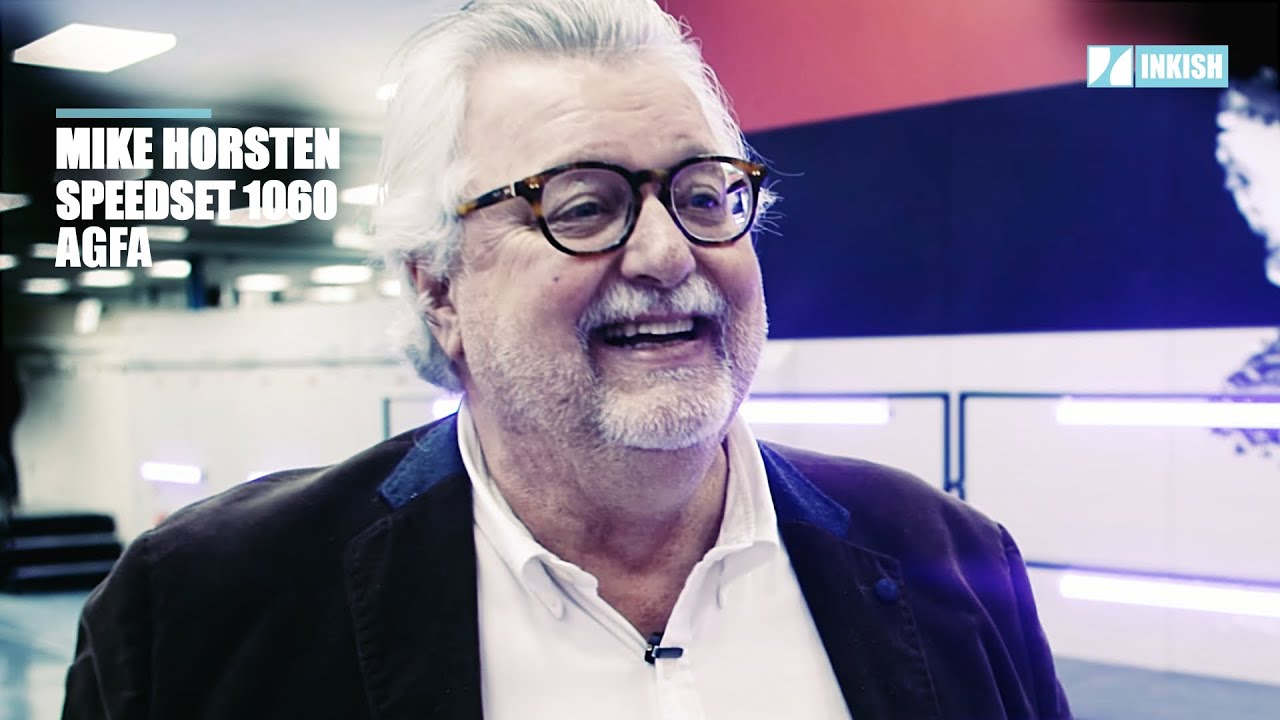Peter Froberg is a partner in the company Innovation Lab and one of the speakers at the recent Grakomdagen in Denmark. At the event, he gave a speech about maybe one of the most hyped expressions, namely Disruption and we asked for an interview afterward to understand more about the difference between disruption and innovation.
Disruption is basically what happens. It’s a term for the accelerated speed of change, whereas change has always happened and innovation is the adaption to change.
Disruption is one of the most hyped expressions in these years, and some people actually believe that disruption in itself is the solution to all kinds of problems ñ regardless of industry. INKISH.TV spoke with Peter Froberg abut disruption and why it is something that also companies in the printing industry should be focusing on.
My name is Peter Froberg. I’m with the Innovation Lab, and we help companies innovate. Funnily enough, we help both the inspirational part saying what, where could we go, what areas could be interesting go to into, and also how people go into that, which is increasingly relevant with the speed of change we’re seeing nowadays.
What is your role here today? Were you invited today to inspire printing business owners to think differently?
We work with companies across a long line of different verticals, and people in the printing industry, the advertising industry, and are in the same situation as everybody else. Technology develops incredibly fast. I’m not in-depth familiar with some of the tendencies in that industry, but basically my message today is that the mechanisms are the same. They are changing rapidly fast, the technology opportunities, and you need to adapt. So, what we talked about specifically today was some of the AI functionality, what is basically artificial intelligence doing to our markets, to our businesses, some of the examples that were relevant for them, and some examples outside. And, basically the message being, Okay, you need to adapt to this disruption that’s happening.î
Can every business or industry learn to innovate, or is that a part of the genome?
Back in the day, there used to be an image of creative people that was a God-given skill. So, some of the Renaissance artists were seen as having a gift from God to be able to paint. And today, I think we have a bit of the same. It’s not quite a severe image of people who are innovative. We think of Steve Jobs and people like that and saying, ìHey, they’re innovative. î But, basically the idea of innovation is bringing something new into the world that has value, and the lot of ways of doing that in small increments which makes it accessible to everyone.
Could every company in need of renewing their business have a process of defining how to innovate?
Maybe they need a process, maybe they don’t. But, basically, any company that sees themselves challenged, that see opportunities, have a way of doing that. So, we talk to you about the disruption. So, some companies obviously are being challenged by somebody in another industry. Maybe the IT industry is coming over and taking over some of the jobs like Uber and the taxi industry, and that creates a need for people to go and then figure out, ìOkay. How do we stay in business? How do we generate customers? But, it could also be that you see an opportunity, and you want to pursue it.
The topic of disruption and innovation. Is that a new thing?
No, but the speed is. So, I think that’s ñ You also asked the question before whether the disruption is new, and in essence, it’s not. Disruption is in the English meaning of the word is basically being disrupted in what you’re doing. In Denmark and many other places, the word disruption has become a term for what happens through the radical, technical innovation, and what effect it has on businesses. So, for example like Uber or Netflix that comes in and disrupt, and basically takes away existing industries.
What is the difference between innovation an disruption?
Disruption is basically what happens. It’s a term for the accelerated speed of change, whereas change has always happened, and innovation is the adaption to change or the ceasing the opportunities and change. Some people have always listened to the market to develop new products. What’s changing is that because of the technological speed, the market moves so much faster, so you need new tools to move at the same pace as the market.
Do modern communications, internet, and faster turnaround then also mean an increase in innovative solutions?
It’s also less, but necessarily the development cycles, also just the technological opportunities, right? So, you’re an online TV channel which wasn’t possible before the technology behind the internet and browsers and the bond bandwidth was good enough to broadcast okay quality signals through the internet. And, because that happens, there’s a lot of new things happening. It’s because of the same technology that Netflix outcompeted blockbuster. And, that speed of what is possible drives innovation. There’s another talk about robotics where he talked about how some of those robots are able to do the same tasks as people radically better. So, that technical opportunity creates a disruption in the existing market. And, because of the speed of technology on them and Moore’s law and so forth, those technological opportunities are becoming everlasting.
























